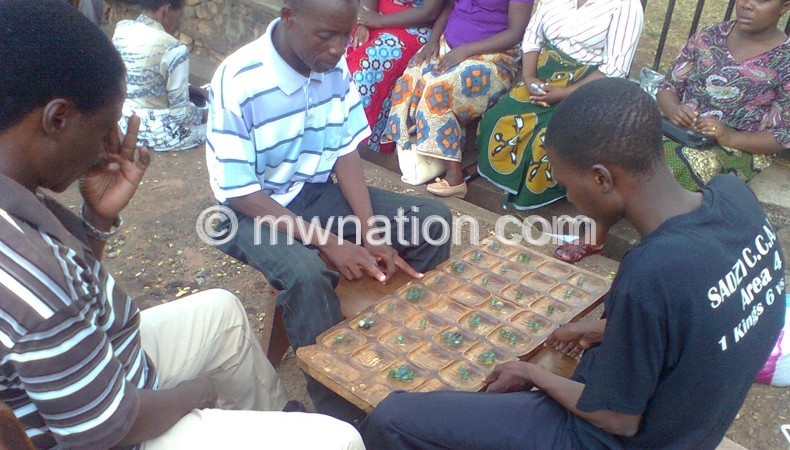Judiciary strike, talks continue
The strike by Judiciary support staff yesterday entered its second week as it continues to keep the justice delivery system at a standstill and discussions with government remained inconclusive.
The strike, which started last week, has disrupted high-profile cases, among them a Cashgate case at the High Court in Zomba involving businessperson Osward Lutepo who is accused of theft and laundering K2.1 billion.

Chief Secretary to the Government George Mkondiwa said in an interview yesterday the talks took place last week and government had prepared its position and submitted to the Judicial Service Commission.
He said: “There will be a response from the Judiciary and we should be able to say where we are by tomorrow [Tuesday] with the negotiations.”
As the strike continues, people in Lilongwe continue to flock to the courts seeking services, but are met with the sight of staff doing various fun activities such as playing football and chess as they wait for feedback from Capital Hill on their grievances.
Judiciary staff have not come out clearly with their demands, but they have asked for salary increments similar to those of their counterparts in the civil service.
Meanwhile, the Malawi Police Service (MPS) has started experiencing congestion in its cells, which hold suspects before they are taken to court to be formally charged or remanded to prison.
Central Region Police spokesperson Ramsy Mushani said since one part of the justice system had come to a standstill, the police and prisons have also been affected.
He said: “When we make arrests, we take the suspects to court for charging in keeping with the 48-hour rule. But with the strike, this constitutional right has technically come to a halt. But even if the Judiciary is on strike, crimes are still being committed and we are making arrests.”
Mushani said the police have identified cells, which have room and suspects are being transferred there to reduce congestion.
This is the second time that Judiciary has gone on strike this year alone. The first was in May, which lasted for three days.
In 2012, however, the Judiciary strike lasted for three months before government and Judicial Service Commission came to an agreement.





